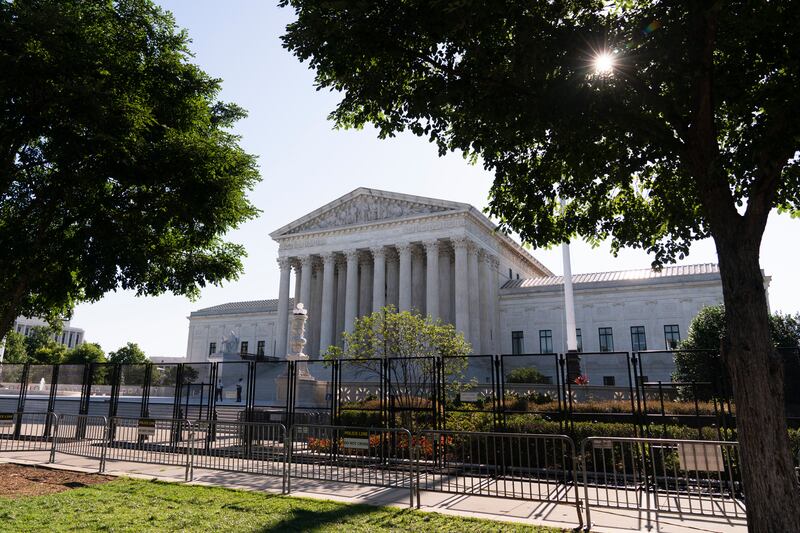Utah is a state that prides itself on freedom of religion. But you may be surprised to learn that Utah’s Constitution has had anti-religious elements for over one hundred years.
Utah’s Constitution has included a sentiment known as a Blaine Amendment. With the Supreme Court’s decision about school choice and religion in Carson v. Makin, it may be time to remove this anti-religion language from our state constitution.
Blaine amendments were introduced by Senator James Blaine in the late 1800s. He and many others were concerned about public funds flowing to Catholic schools in many parts of the United States. He and many of his Protestant counterparts introduced a constitutional amendment that was four votes away from passing both the United States House and Senate. Although the constitutional amendment didn’t pass, many states added it to their constitutions, and all new states were required to include it as they joined the Union.
The law of unintended consequences has turned Blaine amendments against the original Protestant faiths who advocated for them. These amendments have been used to deter education choice programs by limiting parents’ choices to secular schools.
Utah’s Blaine Amendment, found in Utah’s Constitution in Article I, Section 4, is no different, except it wasn’t meant to limit public funds for Catholic schools. During the 1890s, many policies and beliefs of The Church of Jesus Christ of Latter-day Saints were preventing the Deseret Territory from applying for statehood. Chief among the beliefs was polygamy, but a secondary concern was the church-run schools.
Brigham Young and the church proclaimed in 1854 that “each Ward throughout the Territory has provided one or more comfortable schoolhouses.” These schools were fully established in each community and were often built before any other building.
But by the 1890s, President George Q. Cannon from the church’s First Presidency saw that the education system would be a deterrent to statehood. He wanted to give church opposition less evidence that Latter-day Saints opposed traditional education. The church slowly abandoned its education system for children up to age 12, which integrated its beliefs into all aspects of education, for a more secular education, even though there was never any overt requirement to do so.
When Utah became a state, it included a Blaine Amendment in its constitution and made specific reference to education in Article X, Section 9.
The Supreme Court’s recent string of decisions have all but ruled Blaine amendments unconstitutional around the country. The Utah Legislature could avoid a costly lawsuit by removing the Blaine Amendment to Utah’s Constitution. Supreme Court decisions in Trinity Lutheran Church v. Comer, Espinoza v. Montana and Carson v. Makin support this choice.
But I can hear the argument already. “Government money shouldn’t go to religious schools or churches.”
Yes, the government should be religiously neutral. But being religiously neutral is not the same as being anti-religious. Blaine amendments are anti-religious. They prevent otherwise publicly available services from going to individuals and entities based solely on their religious affiliations.
The Supreme Court said that was discriminatory.
Governments should remain neutral to all individuals and entities. If the government is going to offer a benefit, it cannot discriminate against a citizen or group based solely on their religious affiliations. Governments cannot create benefits specifically with religious intent, but neutral benefits can go to individuals who have religious intent.
Ultimately, removing Utah’s Blaine Amendment makes us a freer people. It limits the government from choosing winners and losers, especially based upon religion. Utah’s lawmakers should lead out in the country and remove this antiquated and unconstitutional amendment.
Jon England is the education policy analyst at the Libertas Institute.

